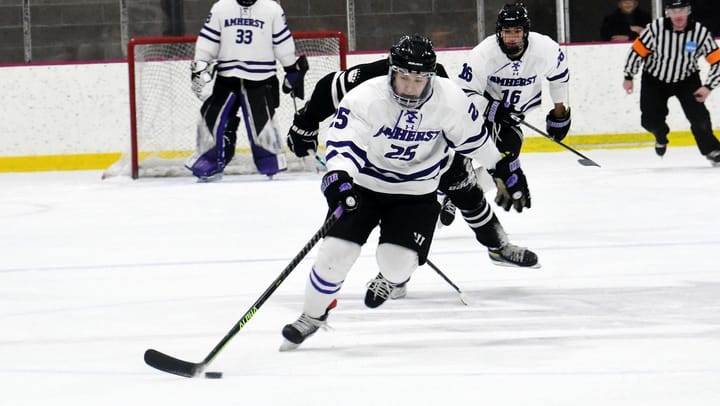Views from Sparrow’s Nest: Team Doctors
Contract holdouts are commonplace in today’s NFL. Just this past offseason, six different Pro Bowlers decided not to report to practice until they secured a new contract from their team.
While not all of them were successful and one of them was downright disastrous (looking at you, Melvin Gordon), the only player of that group who still has not participated in a game this season is Washington Redskins offensive tackle Trent Williams.
It seemed that the decision was financially motivated at first, but new details that surfaced this past week put Williams’ holdout in a completely different light.
Earlier this week, Williams revealed that he had undergone a procedure in the offseason to remove a rare form of cancer called Dermatofibrosarcoma Protuberans.
Williams had noticed the lump on his head about six years earlier but the Redskins’ team doctors had informed him that it was nothing to worry about.
“I was told it was something minor, so I didn’t really question them,” Williams told reporters as he addressed the media for the first time in months. “But I mean, the lump continued to grow over the years. It was concerning, but there was no pain involved and if I’m being told by the very people I put my career in the hands of, people are telling me I’m fine, [then] I’m fine. That’s how I looked at it.”
Despite being in trade rumors for the better part of the past seven months, Williams finally reported to the team this past week. However, his reason behind doing so was to accrue another season so that he can hit free agency as early as possible and claim the money he’s owed on his contract.
Williams passed every aspect of his physical except for when it came time to put on his helmet.
He claimed “discomfort” when wearing his helmet due to the 350 stitches and 75 staples in his head from the procedure to extract the cancer. As such, he won’t be eligible to take place in any team activities until the Redskins find him a proper helmet.
The likely outcome is that Williams has already played his last game in a Redskins uniform, and the team will look to trade him in the offseason to recoup some of his lost value.
During the media session, Williams spoke very candidly about his thought process behind getting the tumor removed this past winter. “I almost lost my life. Seriously, I almost lost my life,” Williams said. “You’re 30 and coming off seven straight Pro Bowls, and a doctor tells you to get your affairs in order. It’s not going to sit well with you. It still doesn’t. It’s a scary thing to go through. Think how you describe to your 9 year old, your 5 year old that Daddy might not be here. It’s tough.”
The Redskins received even more criticism when they requested a joint committee to review the medical records and care that Williams received.
The Redskins launched the investigation just a few days after Williams’ comments even though they had known about the surgery months prior.
This led the NFL Players Association to release a statement supporting Williams and accusing the NFL Network of spreading “misinformation” about the circumstances. Williams himself even said that he has “no trust” in the Redskins’ organization.
The role of team doctors, and whether or not they have the players’ best interest in mind, has come under much scrutiny over the past few weeks. A separate incident, involving former Jets offensive guard Kelechi Osemele, also raised a number of eyebrows.
The Jets felt that Osemele could play through his torn labrum despite three different doctors stating that he needed season-ending shoulder surgery. Osemele threatened legal action against the Jets for medical malpractice, and the Jets eventually released him after he got the surgery without team approval.
Given that football has the lowest average career length of any of the major sports, it is even more important that each player takes extreme caution when it comes to injuries.
The NFL is a business, and each team wants to get as much out of each player as possible for the few years that they’re in the league.
Because of this, the team doctors might give diagnoses that are not always reflective of what’s best for the athlete; after all, the team is their employer, not the individual athlete. Each player has every right to get a second or third opinion from an outside source unassociated with the team and come to a decision that makes them feel most comfortable.
The NFL only cares about the players for the years that they are in the league. It’s up to the player to worry about the years that come after their careers are over.





Comments ()